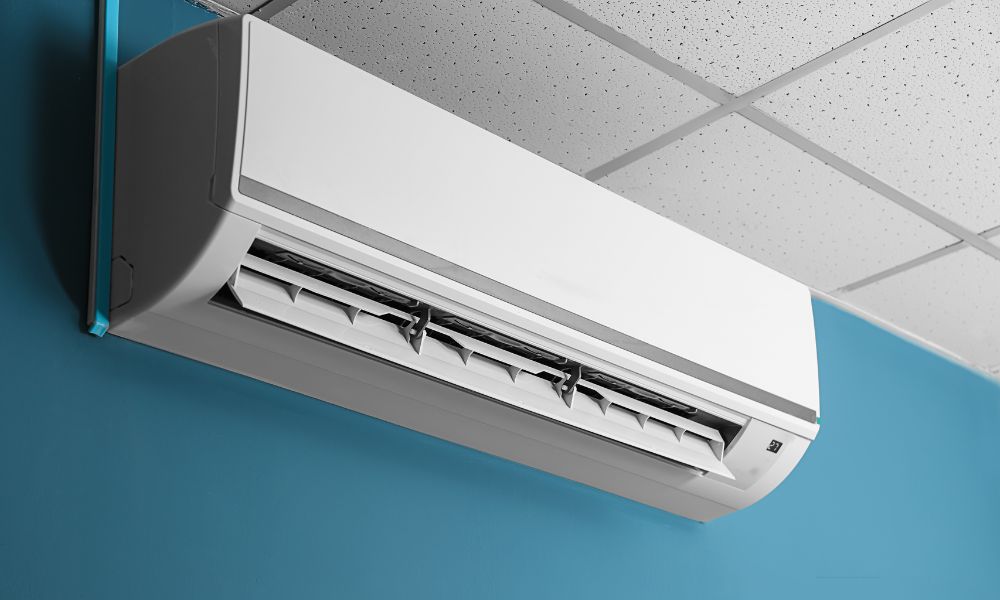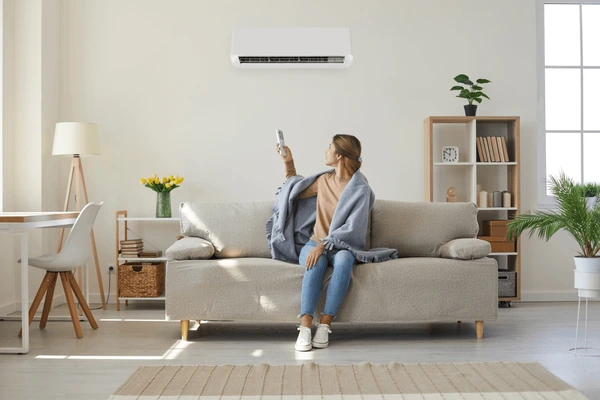How to Pick the Right Size AC Unit for Your Home

Installing an air conditioning system is a significant investment, and selecting the right size is crucial for comfort and efficiency. A unit that is too small will struggle to cool your home, while an oversized system can lead to excessive energy consumption and uneven cooling. This guide will walk through the essential factors to consider when choosing an AC unit that best suits your home’s needs.
Understanding BTUs and Cooling Capacity
The cooling capacity of an AC unit is measured in British Thermal Units (BTUs), a key factor to consider when looking to shop for home AC units. This rating indicates how much heat the unit can remove from a room per hour. The larger the space, the more BTUs are needed to cool it effectively. However, bigger is not always better. An oversized AC may cool the room quickly but won’t run long enough to dehumidify properly, leading to a clammy indoor environment.
A general rule of thumb is that a home needs approximately 20 BTUs per square foot of space. For instance:
- A 500-square-foot room may require around 10,000 BTUs
- A 1,000-square-foot space could need 20,000 BTUs
- A 1,500-square-foot area might require 30,000 BTUs
However, other factors influence these numbers, such as ceiling height, insulation, and climate.
Factors That Affect AC Sizing
Selecting the right size, AC isn’t just about square footage. Several factors impact cooling needs:
- Climate: Homes in hotter regions need more cooling power than those in milder climates.
- Insulation: Well-insulated homes retain cool air better, reducing the need for a higher BTU unit.
- Number of Windows: Large or multiple windows let in more heat, increasing the cooling demand.
- Ceiling Height: Taller ceilings mean more air to cool, requiring a unit with greater capacity.
- Number of Occupants: People generate body heat, so homes with more occupants need a slightly higher BTU rating.
- Appliances and Lighting: Kitchens and rooms with multiple electronics or heat-producing appliances may need extra cooling power.
Energy Efficiency and SEER Ratings
While sizing is crucial, energy efficiency plays an equally important role. The Seasonal Energy Efficiency Ratio (SEER) measures how efficiently an AC unit operates over a season. A higher SEER rating means better efficiency, which translates to lower energy bills.
Modern AC units typically range between SEER 13 to 25, offering varying levels of efficiency and performance. Though units with a higher SEER rating may cost more upfront, they can save significant money in long-term energy expenses by reducing electricity consumption and improving overall cooling effectiveness.
Professional AC Installation and Maintenance
Proper installation is essential for ensuring an AC unit functions at its best. Even a perfectly sized unit will underperform if installed incorrectly. Professional technicians assess a home’s specific needs, ensuring the system is placed in an optimal location, and that airflow is balanced.
Regular maintenance also extends the lifespan of an AC unit. Homeowners should schedule annual tune-ups to check for refrigerant levels, clean filters, and inspect electrical components. This not only improves efficiency but also prevents costly repairs.
Where to Shop for Home Air Conditioner Units
Finding the right AC unit involves comparing different models, features, and price points to ensure the best choice for a home’s cooling needs. Homeowners should explore options from reputable suppliers who offer a variety of energy-efficient models with advanced technology and durability. Choosing a reliable provider ensures access to quality products, expert guidance, professional installation, and post-installation support for long-term performance.
Whether upgrading an existing system or installing a new one, selecting the correct size AC unit is essential for comfort and efficiency. By considering factors such as square footage, insulation, and energy efficiency, homeowners can make an informed decision when they shop for home AC units that enhance their indoor climate while keeping energy costs in check. Investing in the right unit ensures long-term performance, reliability, and improved air quality.








